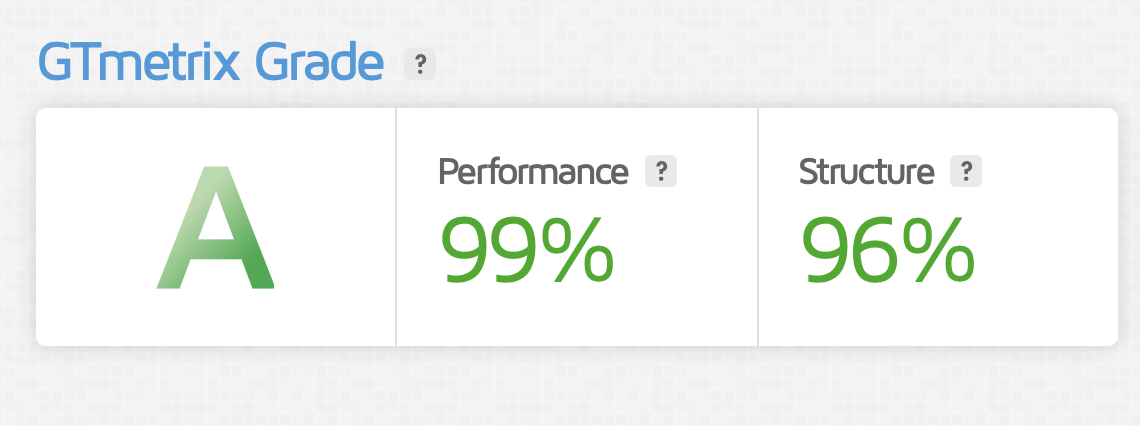The age-old debate of cheap vs premium hosting is more than just a pricing issue. It’s about understanding the balance between cost, performance, reliability, and customer service. Especially when considering the importance of hosting for SEO, choosing the right hosting service becomes a paramount decision for businesses.
In this article, we’ll take a deeper dive into the differences between cheap hosting and premium hosting, their implications, and how hosting can impact your SEO rankings.
Understanding the Basics of Web Hosting
Web hosting is a service that allows websites to be accessible via the World Wide Web. Websites are hosted, or stored, on special computers called servers. When a user types your website address, their computer connects to your server, allowing them to access and view your web pages.
Cheap Hosting: The Good and the Bad
Pros:
- Cost-Effective: One of the main attractions of cheap hosting is, of course, the price. It’s suitable for startups or personal blogs with a tight budget.
- Ease of Use: Most cheap hosting providers offer simple interfaces or control panels to manage web resources.
Cons:
- Limited Resources: Cheap hosting often means shared resources. This can lead to slower site speeds and reduced uptime.
- Security Concerns: Due to the shared nature, there’s a higher risk of malware and cyber-attacks.
- Reduced Customer Support: Most cheap hosting providers don’t offer 24/7 support or have long waiting times.
Premium Hosting: Unpacking the Value
Pros:
- Dedicated Resources: Premium hosting often means dedicated or semi-dedicated resources, ensuring better website performance.
- Top-Notch Security: Enhanced security features, including better firewalls, malware scanning, and SSL certificates.
- Superior Customer Support: Almost instant access to expert help whenever needed.
Cons:
- Higher Costs: Premium services come with a steeper price tag.
- Complexity: Some advanced features may require a learning curve, especially for beginners.
Hosting and Its Influence on SEO
Search Engine Optimisation (SEO) refers to the practice of improving a website to increase its visibility on search engines. Here’s how hosting impacts SEO:
- Site Speed: Google considers site speed as a ranking factor. Slower sites, often resulting from cheap hosting, can harm your SEO rankings.
- Uptime/Downtime: If your site is frequently down, it can be de-indexed by search engines. Premium hosts guarantee higher uptimes.
- Security: Search engines prioritise sites that are secure. Premium hosting often provides better security features which can be beneficial for SEO.
- Location of Servers: The server’s geographical location can influence site speed for different user locations. Premium hosts typically offer a wider selection of server locations.
Making the Right Choice: Factors to Consider
- Purpose of the Website: Personal blogs might manage with cheaper hosting, while e-commerce sites or businesses should consider premium options.
- Budget: Determine how much you’re willing to invest in hosting services.
- Required Resources: Understand your site’s resource needs in terms of bandwidth, storage, etc.
- SEO Goals: If organic traffic and ranking high on search engines are crucial, invest in quality hosting.
The decision between cheap and premium hosting boils down to understanding your needs and future goals. While saving money in the short term might be tempting, it’s essential to consider the long-term implications, especially in terms of SEO.
Investing in a reliable hosting service can pave the way for better online visibility and growth.
